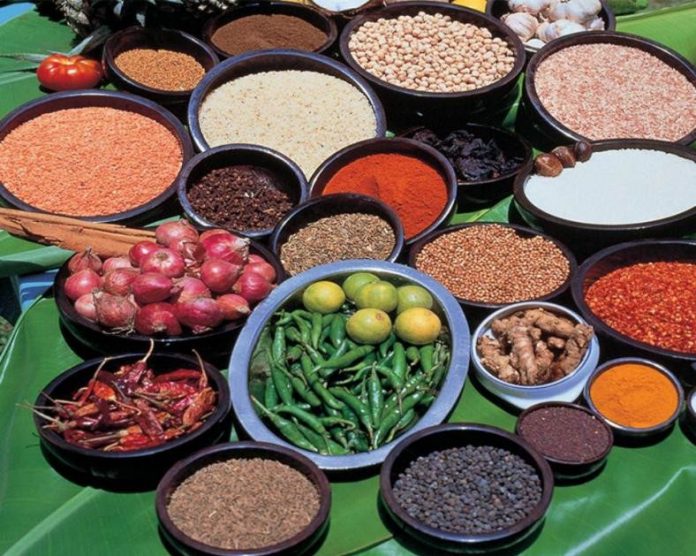By UN Environment
While restaurants in cities around the world offer a tremendous variety of dishes, our global diet as a whole—what people actually eat—is becoming more homogenized. Rice, one the world’s top staple foods, vividly illustrates this paradox: of the 90,000 varieties of rice stored in gene banks, only 40,000 are being cultivated, and perhaps no more than a dozen can be found on your regular supermarket shelf. Combined with high-yield, intensive agriculture, the choices are bound to drastically decline over time. This is worrying from the point of view of sustainability, food security, biodiversity and health.
Our food systems, nutrition, health, clean air, climate, and freshwater depend on biodiversity and healthy ecosystems—an interdependent web of animal, plant, fungal and bacterial life. For instance, without pollinators—insects, birds and other animals who are pushed out of agricultural lands through the use of pesticides and insecticides—many of the foods we know and love would disappear.
And as a recent report by the Intergovernmental Science-Policy Platform on Biodiversity and Ecosystem Services (IPBES) shows, the human impact on the natural world is accelerating: entire populations of species are being lost faster than ever before—one million species are being driven to extinction, the report says.
Read full story in the UN Environment



